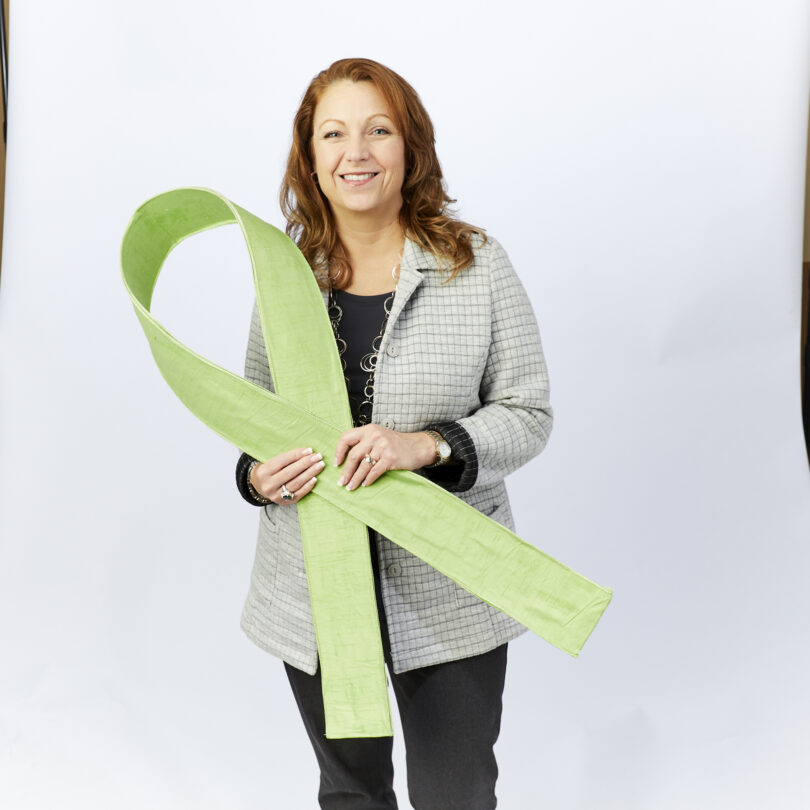Cards, checkups, and personally delivered home-cooked meals are all common responses to big life events or serious injuries. But Kim Jones believes we need to expand the types of circumstances that elicit our edible support.
“Mental health is not a casserole dish illness,” says Jones BSW ’91. “If someone is hurt, their neighbors and friends will send them well wishes and bring them a casserole. If someone is experiencing a mental health crisis, people don’t do that. They don’t know what to say, and they don’t know how to support that person.”
To this, Jones says, bring them a casserole.
“People deserve the same care for mental health that they would receive for physical health.”
Jones is the executive director of Georgia’s National Alliance on Mental Illness (NAMI), an organization that helps families and individuals affected by mental illness. For Jones, one of the most important aspects of NAMI is breaking the stigma surrounding mental health. And in the wake of the COVID-19 pandemic, more people are listening than ever before.
“People who have never understood mental health issues are now, for the first time, experiencing the depression and anxiety caused by isolation,” Jones says. “I’m seeing a lot more empathy, and hearing people question, ‘If this is what it’s like for me, what is it like for someone who lives with this every single day?’”
Even before the pandemic, Jones and others have been laying the groundwork for improving access to mental health services in Georgia.
Last September, state House Speaker David Ralston appointed Jones to the Behavioral Health Reform and Innovation Commission. The commission—which includes experts, judges, and law enforcement officials—aims to improve outcomes for Georgians impacted by mental health conditions. Jones serves on a subcommittee where she hopes to help transform the way Georgia addresses the state’s mental health needs.
“What I’m most excited about with the commission is that it’s opening doors. For the first time in a long time, we as advocates are working together and not against each other on important issues like funding and access to services.”
While Jones and the committee are making recommendations at the legislative level, she encourages every company, family, and resident to be loud and proud on a personal one.
“When it comes to mental health, people don’t want to talk about it. So we need to be intentional,” Jones says. “Check in with people. Ask how someone is feeling, and be honest when someone asks you. Because our stories are powerful and empowering, and they can help others realize they’re not alone.”
And when you learn that someone’s having a hard time, Jones says, don’t be afraid to listen and talk about it. Maybe even consider making a casserole.








